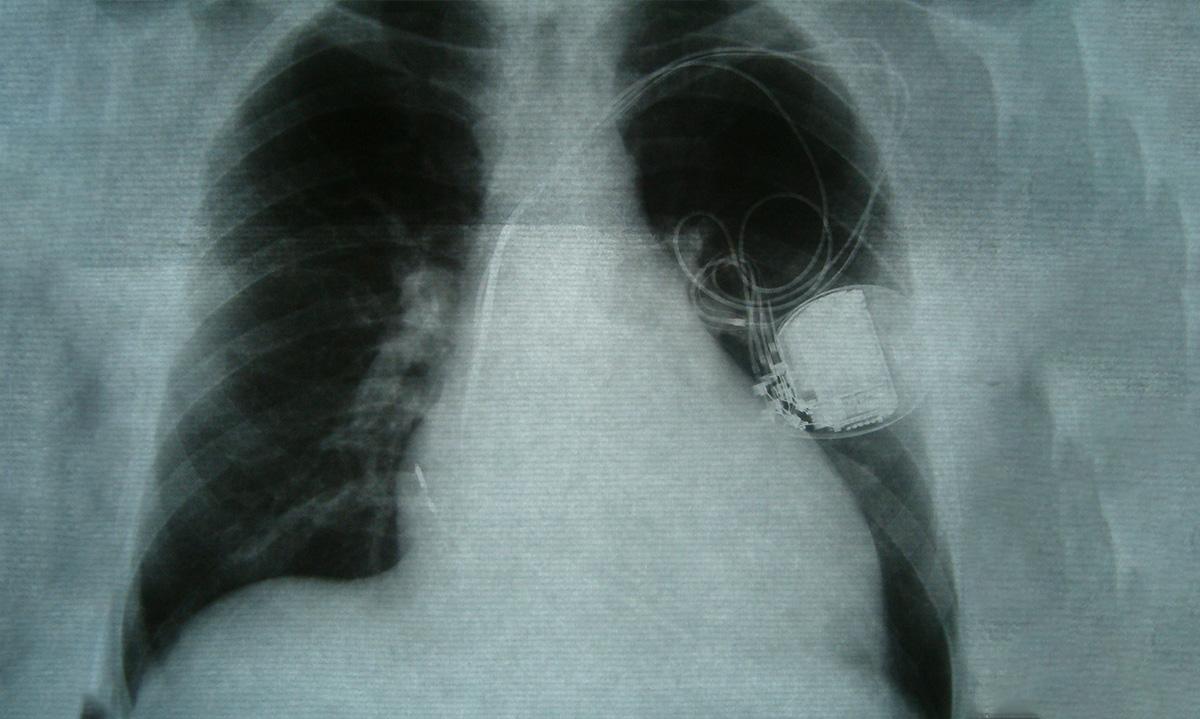

News
January 6, 2021
Novo Seeds portfolio company CorWave raises EUR 35m for breakthrough heart pump
Existing syndicate joined by the EIC Fund, a multi-billion-euro venture capital fund set up by the European Commission that becomes shareholder of a private company for the first time
Funding will accelerate development of wave membrane pump into heart failure clinical trials
Novo Seeds, the early stage investment and company creation team of Novo Holdings, announced today that its portfolio company CorWave, a medtech company developing an implantable heart pump based on a breakthrough technology, has raised EUR 35 million in a Series C financing.
The EIC Fund, a VC fund set up by the European Commission, served as anchor investor and made its first investment in becoming a shareholder of a private company for the first time since the governmental organization was founded in 1957. Novo Seeds participated in the round alongside other existing investors Bpifrance, Seventure, Sofinnova Partners and Ysios Capital.
The new funds will enable CorWave to complete the development of its wave membrane pump LVAD (Left Ventricular Assist Device). The company plans to use its latest funding to expand its manufacturing infrastructure as well as complete the regulatory testing required to conduct human implants and start clinical trials for advanced heart failure.
Emmanuelle Coutanceau, Partner at Novo Seeds and CorWave Board Member, said: “Our mission is to support science and entrepreneurs that are developing innovative technologies that offer improved options for patients. As long-standing supporters of the company, we’re proud of CorWave’s achievements to date in developing a truly innovative new form of heart failure therapy, a multi-billion-euro market opportunity. We are pleased to be working with this talented team and our syndicate partners, including the European Commission’s venture capital fund, in supporting CorWave’s evolution into a successful international business.”
Louis de Lillers, CEO Chief Executive Officer of CorWave, said: “This financing gives us the means to achieve our ambitions. We’ve already taken important steps in building our manufacturing and clinical teams. This is the result of the perseverance of the “CorWavers” who are working tirelessly to change the lives of heart failure patients. They have developed the most advanced circulatory support system in the world. We are very pleased with the renewed support of leading healthcare funds such as Novo Seeds. With the recognition of its shareholders, CorWave carries on its work to improve the daily lives of tens of thousands of people suffering from heart failure.”
CorWave has achieved two critical technical milestones required to proceed to the clinical phase: a successful 60-day in vivo implant, with excellent hemocompatibility results, and the completion of 6-month real-time durability tests of the pump.
About CorWave
CorWave is a French company developing innovative cardiac assist devices. Its technology stands out from other LVADs (left ventricular assist devices) currently on the market due to its physiologic design, which is enabled by its disruptive wave membrane. The membrane is able to generate a natural pulse, replicating the blood flow and pressure characteristics of the patient’s native heart. CorWave’s novel membrane pump technology is being developed to reduce complications associated with current devices and improve the care of patients with heart failure. CorWave was incorporated in 2012 by the startup studio MD Start and is funded by well-known investors, including Bpifrance, Novo Holdings, Seventure, Sofinnova Partners, and Ysios. The company had secured over 45 million euros of equity and non-dilutive funding prior to its Series C round and employs more than 50 people. www.corwave.com
Announcement video: https://youtu.be/Lu8oFgciWz0
About Heart Failure
About 60 million people suffer from heart failure worldwide according to the Global Burden of Disease Study, an international research effort funded by the Bill & Melinda Gates Foundation. The prognosis for heart failure patients is poor, with lower survival rates than most cancers.
Heart failure corresponds to the loss of contractility of the heart. The heart muscle is too weak and cannot eject enough blood to the needs of the body. It does not pump sufficient blood flow through the body to meet the physiological needs of the body and in particular other vital organs such as the kidneys and the liver. This pathology is progressive and worsens over time, as the heart weakens further while trying to compensate for its loss of activity.
Although the risk of developing heart failure differs from person to person, they are some known risk factors. Other cardiovascular diseases are among the leading causes of heart failure, especially myocardial infarction. Hypertension, diabetes, genetic defects and lifestyle choices, such as excessive consumption of tobacco, drugs or alcohol can also lead to the decreased pumping capacity of the heart and development of the disease.